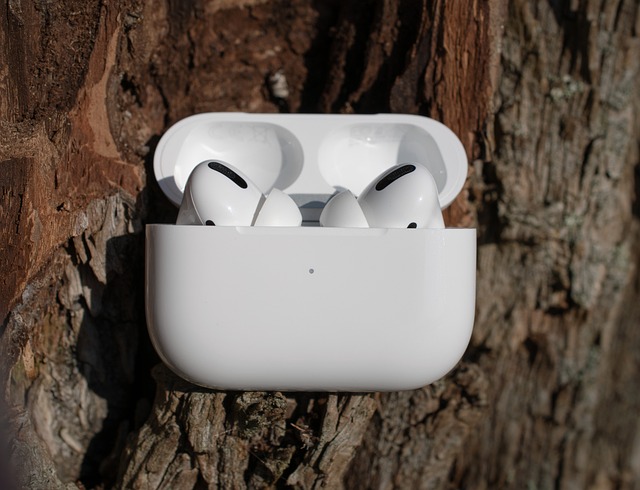
In today’s fast-paced world, noise-canceling headphones have become an essential accessory for many of us, offering a sanctuary of silence amidst the chaos of our surroundings. Whether you’re commuting on a noisy train, working in a bustling office, or simply trying to find some peace at home, these gadgets promise to deliver an uninterrupted audio experience. But are they as harmless as they seem? Let’s delve into the hidden dangers of noise-canceling headphones and why you might want to think twice before plugging in
Protect Your Ears, Protect Your Brain
While noise-canceling headphones excel at blocking out external noise, they also pose potential risks to our auditory and neurological well-being. Research suggests that prolonged use of these devices can lead to a phenomenon known as “listening loss,” where the brain compensates for reduced external stimuli by increasing its internal sensitivity to sound. This altered state not only affects our ability to perceive and process auditory information but can also contribute to long-term issues such as tinnitus and difficulty concentrating.
The Brain’s Response to Silence
Imagine stepping into a room so silent that you can hear your own heartbeat and the rush of blood in your ears. This is the experience of an anechoic chamber, a space designed to absorb all sound waves, leaving behind an eerie silence. Similarly, noise-canceling headphones create an artificial silence by emitting sound waves that counteract ambient noise. However, our brains are not wired for complete silence. Studies have shown that prolonged exposure to such environments can trigger feelings of discomfort, disorientation, and even physical sensations like pressure in the head and ears.
The Tradeoff: Ear Protection vs. Brain Adaptation
While noise-canceling headphones offer protection against loud and potentially damaging sounds, they also come with a tradeoff. By shielding our ears from external noise, these devices may inadvertently disrupt the brain’s natural processing of auditory stimuli. This can lead to a disconnect between what we hear and what we experience, impacting our ability to navigate and engage with our environment effectively.
Usage Guidelines for Optimal Health
So, how can we strike a balance between protecting our ears and preserving our brain function? Here are some practical tips:
- Limit Use in Quiet Environments: Save your noise-canceling headphones for situations where excessive noise is unavoidable, such as commuting on public transportation or working in a noisy office. In quieter settings, opt for regular headphones or simply enjoy the natural sounds around you.
- Take Regular Breaks: Give your ears and brain a break by periodically removing your headphones and allowing yourself to experience silence or background noise. This can help prevent overstimulation and reduce the risk of developing listening loss.
- Monitor Volume Levels: Avoid listening to music at excessively high volumes, even when using noise-canceling headphones. Pay attention to any signs of discomfort or fatigue, and adjust the volume accordingly to protect your hearing health.
- Invest in Quality Headphones: Choose noise-canceling headphones from reputable brands that prioritize both performance and safety. Look for features like adjustable noise cancellation levels and ergonomic designs to minimize the risk of discomfort or adverse effects.
Conclusion: A Balanced Approach
In conclusion, while noise-canceling headphones offer undeniable benefits in noisy environments, it’s essential to approach their usage with caution. By being mindful of how and when we use these devices, we can protect our ears and preserve our brain function for years to come. Remember, silence is golden, but our health is priceless.
As we navigate the modern world with its constant barrage of noise, let’s remember to prioritize our well-being above all else. With the right approach to using noise-canceling headphones, we can enjoy the best of both worlds: peace and protection, without sacrificing our health.








